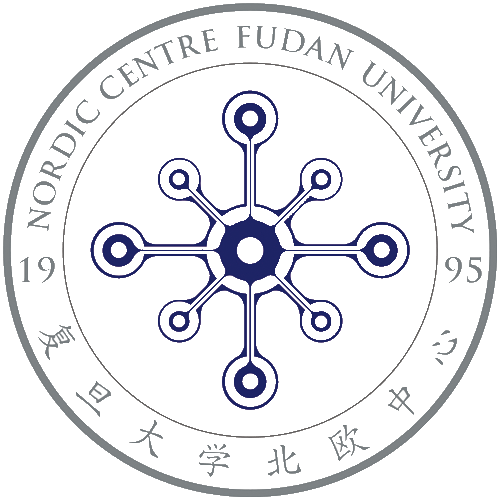In this tumultuous moment haunted by Covid-19 outbreak, the notion of community is under great challenge. It is now more important than ever to consider how we may continue to (re)shape our “community” as we locate ourselves in it, or are forced to distance from it. When we examine Nordic literature as a community, its (inter)subjectivity in the global literary context might be a dynamic field in which we can consider how we can respond productively to the community in crisis and how the boundaries among disciplines, languages, and cultures can be revised. In essence, how are we beginning to restructure, rebuild, and rejuvenate (inter)subjectivity of national literature in Nordic community and relocate the Nordic literary community in the global context?
On the one hand, the efforts made should be committed to “building up”: making connections and creating meaningful dialogues across and between languages, texts, cultures, historical phenomena, and academic fields. On the other hand, attention should be paid to the meanings arising from distances and detachment near the borders. Considering the tension mentioned above, we invite submissions from all disciplines, including but not limited to literary and cultural studies, linguistics, history, women’s and gender studies, disability studies, anthropology, education, environmental studies, and creative arts.
Possible paper topics in Nordic literary studies might include:
*Redefining the meaning of select key terms such as “community,” “identity”, “crisis”, and others.
*Cultural translation as a form of reconstruction
* Boundaries of identity in a (post)modern world
*Redefining “the center,” rethinking the canon in relation to world literature
*Distance and fragmentation: rejecting “wholeness” in literary studies
*Borderlands theory and split consciousness
*Pauses and silences in discourse
*Performativity, including theatrical performance, as construction and reconstruction
*Redefining divisions along national, linguistic, and ethnic borders *Rebuilding communities in exile; diaspora and refugee studies
*Reorienting the subject
*Fragmentation in communication and representation: trauma, latency, and (post)memory
*Redefining the body in post-trauma narratives
*Creative writing, visual art, and performance projects that address the topic in some form
The conference will be held online on November 7, 2020. More details will be announced in the upcoming days. The deadline for paper abstracts is September 20, 2020. Abstracts of a maximum of 250 words should be submitted via email as a Word document to cliang@fudan.edu.cn.
We also welcome panel proposals of 3-4 speakers. For additional information about the conference, please contact the organizers, Zhu Jianxin (jxzhu@fudan.edu.cn) and Chen Liang (cliang@fudan.edu.cn).

